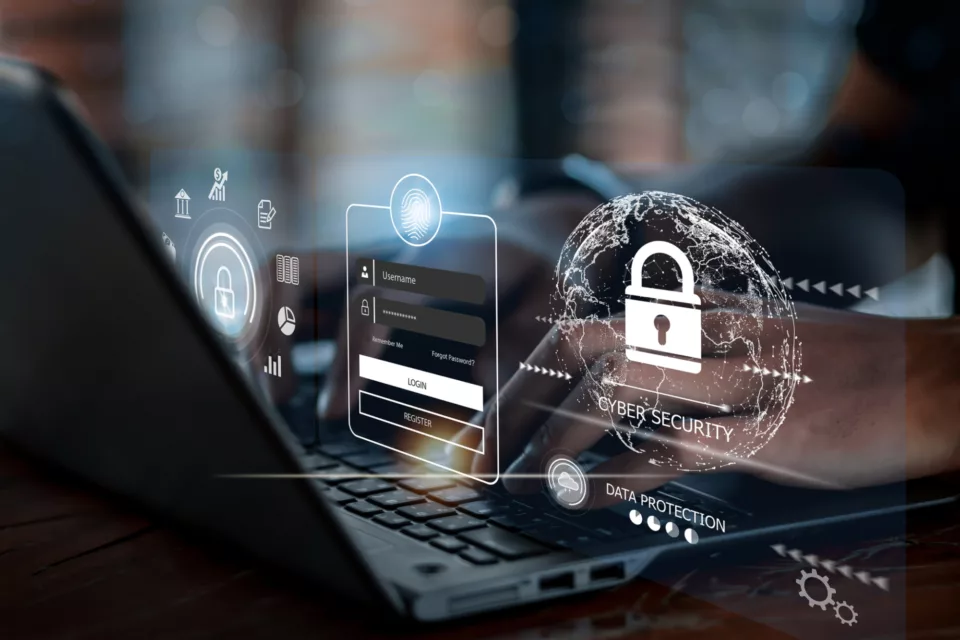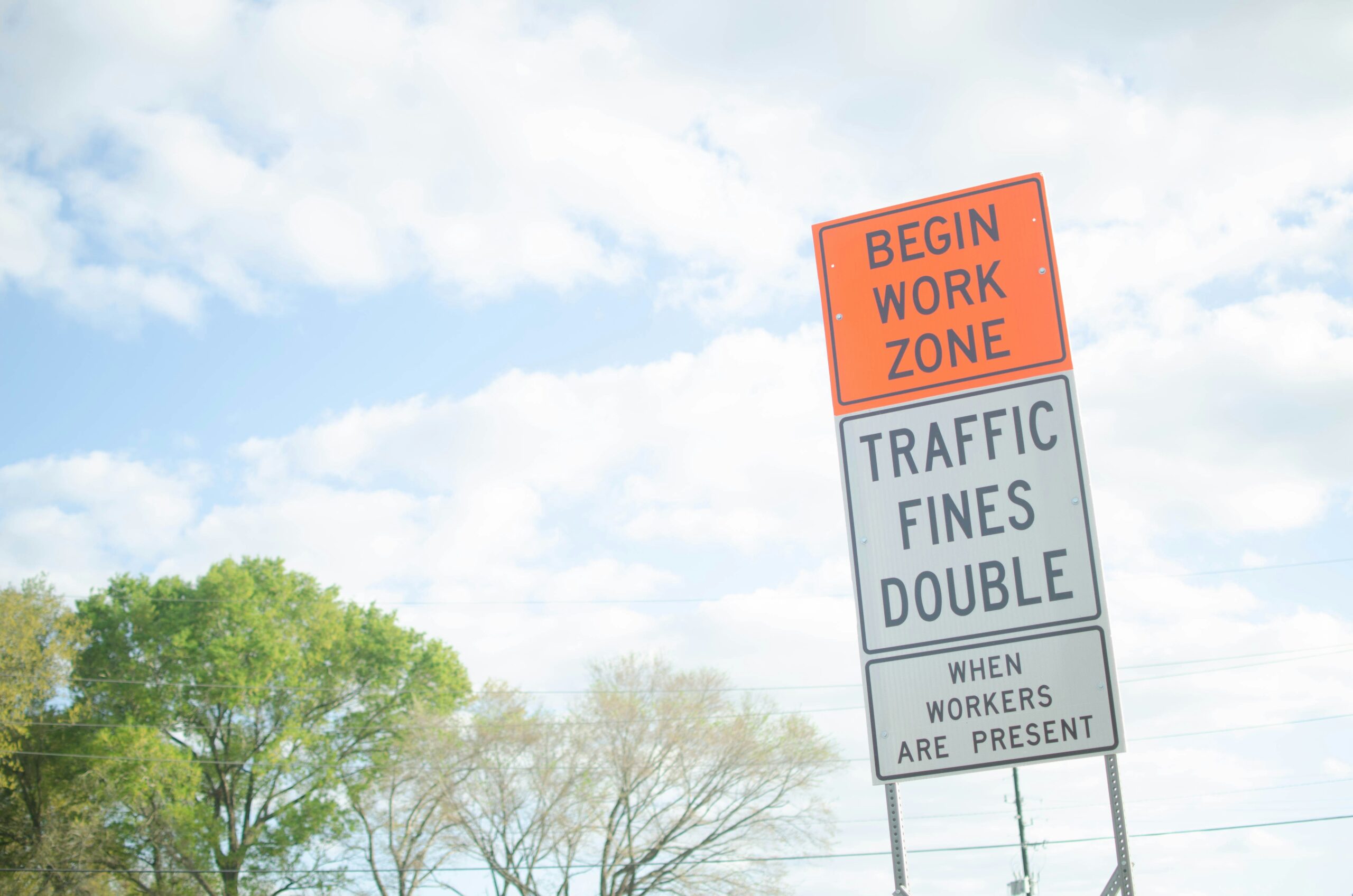As our lives become more digital, so do the risks. From personal banking and shopping to remote work and social media, we constantly share sensitive information online—often without realizing it. And that makes cybersecurity no longer a concern just for businesses or IT professionals. It’s everyone’s responsibility.
In this article, you’ll learn practical, easy-to-follow cybersecurity tips that anyone can use to protect themselves from hackers, scams, and digital threats—without needing to be a tech expert.
Why Cybersecurity Is More Important Than Ever
Every day, millions of people are affected by data breaches, phishing scams, and identity theft. You might think you’re not a target—but cybercriminals often go after the least protected users.
Reasons you should take cybersecurity seriously:
- Your emails, passwords, and social media contain personal information
- Online banking, shopping, and cloud storage hold sensitive data
- Public Wi-Fi and unprotected devices make it easy for hackers to attack
- Malware and viruses can destroy files, steal identities, or lock your system
The good news? You can take simple steps to reduce your risk drastically.
1. Use Strong, Unique Passwords
Your password is your first line of defense. A weak password is like leaving your front door unlocked.
What to do:
- Use a different password for every account
- Make passwords long (at least 12 characters) and random
- Avoid personal info like birth dates, pet names, or “123456”
- Consider using a password manager like Bitwarden, 1Password, or LastPass
Password managers generate and store secure passwords so you don’t have to remember them all.
2. Enable Two-Factor Authentication (2FA)
Even a strong password can be stolen. That’s why 2FA adds an extra layer of protection—usually by sending a code to your phone or email before logging in.
Always enable 2FA on:
- Email accounts
- Banking apps
- Social media platforms
- Cloud storage (Google Drive, Dropbox, etc.)
It takes just seconds and can stop most unauthorized logins.
3. Watch Out for Phishing Scams
Phishing is when hackers send fake emails, texts, or websites to trick you into revealing private info.
How to avoid it:
- Don’t click on suspicious links or attachments
- Check the sender’s email address (not just the display name)
- Never give out passwords or banking info via email
- Look for spelling errors and strange grammar in messages
If in doubt, go directly to the website by typing the URL yourself.
4. Avoid Public Wi-Fi for Sensitive Tasks
Public Wi-Fi in cafes, airports, and hotels may be convenient—but it’s also unsecured, making it easy for hackers to intercept your data.
To stay safe:
- Avoid logging into banking or personal accounts on public networks
- Use a VPN (Virtual Private Network) to encrypt your connection
- Disable automatic connection to public Wi-Fi in your device settings
VPNs are affordable, easy to use, and essential for privacy.
5. Keep Your Devices Updated
Outdated software = easy targets. Hackers often exploit known vulnerabilities in old versions of apps or operating systems.
What to do:
- Enable automatic updates on your computer and phone
- Regularly update browsers, plugins, and antivirus software
- Uninstall apps you don’t use—especially older ones
Updates aren’t just for features—they’re for security.
6. Use Antivirus and Anti-Malware Tools
While no tool is perfect, having basic protection software can help detect and stop threats before they do damage.
Recommended tools:
- Windows Defender (built into Windows 10/11)
- Malwarebytes (free and paid options)
- Avast, AVG, or Norton for more advanced needs
Run regular scans and don’t ignore warnings.
7. Be Smart With Social Media
Hackers love social media—it’s a goldmine for information they can use to guess passwords or trick you.
Tips to stay secure:
- Avoid sharing personal details like full birthdates, school names, or addresses
- Set your profiles to private
- Don’t accept friend requests from people you don’t know
- Be cautious of links or giveaways in DMs
Remember: once it’s online, you can’t take it back.
8. Back Up Your Data
In case your device is hacked, stolen, or crashes, you need a backup plan.
Best practices:
- Use cloud storage (Google Drive, Dropbox, iCloud)
- Store critical files on an external hard drive
- Back up regularly (weekly or monthly)
Backups protect your work, memories, and peace of mind.
Final Thought: Online Safety Is a Daily Habit
You don’t need to be a tech wizard to protect yourself. Most hacks happen because of simple mistakes—and they’re often preventable.
By following these basic habits—strong passwords, cautious clicking, updates, and smart browsing—you’re already safer than most people online.
The internet is powerful. Use it wisely—and protect yourself like your digital life depends on it. Because it does.



